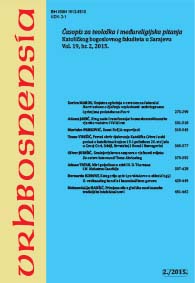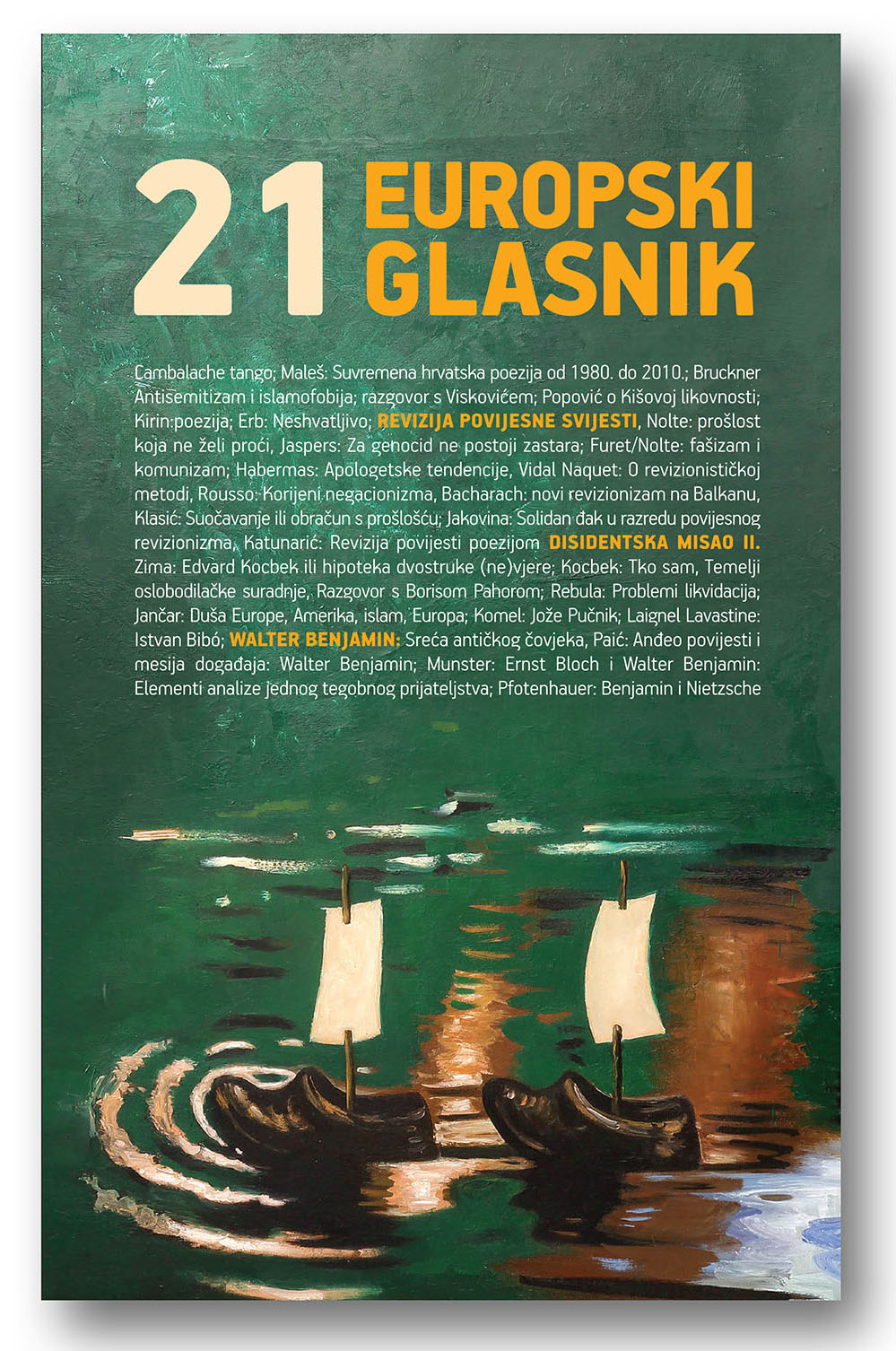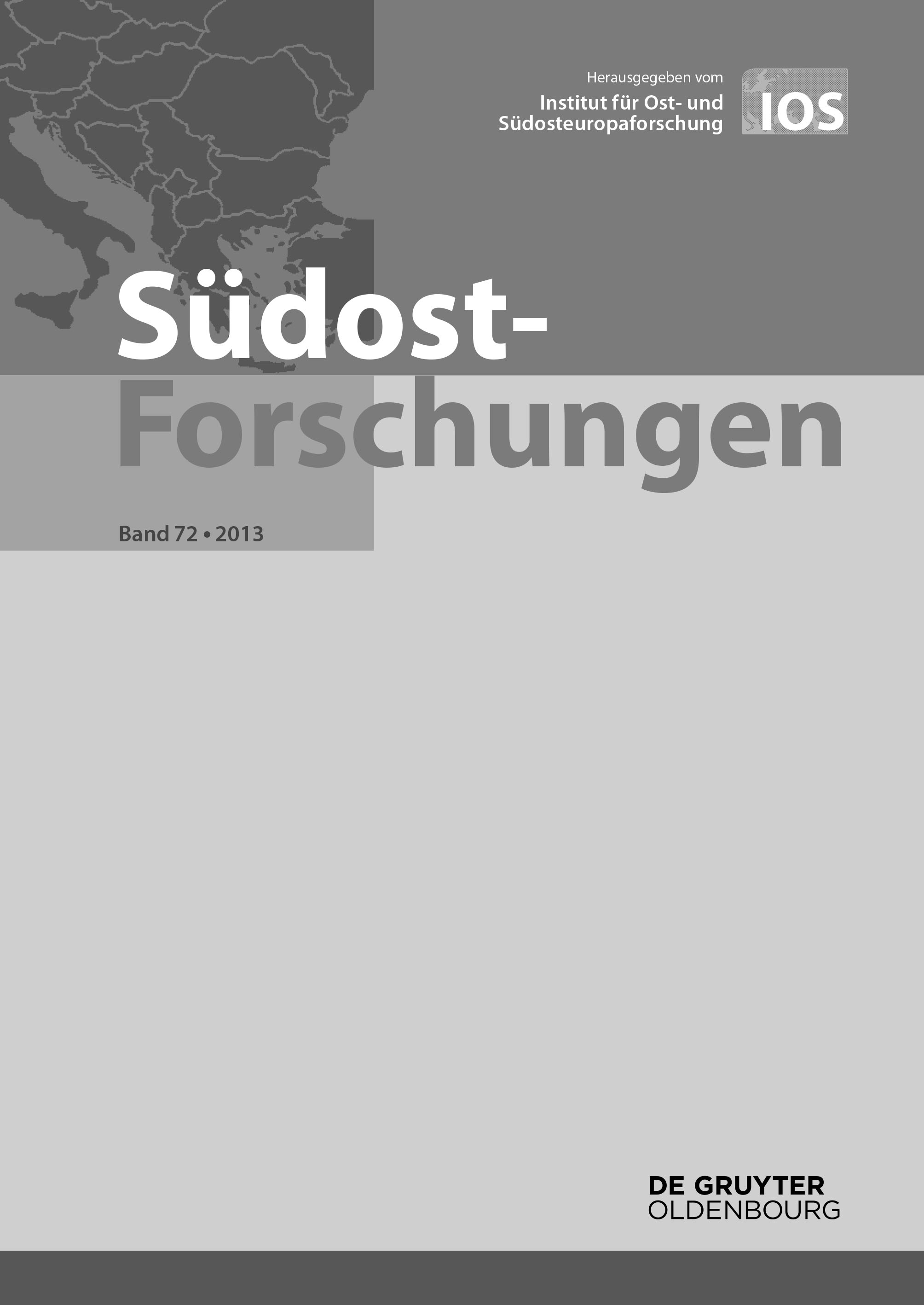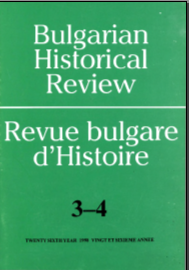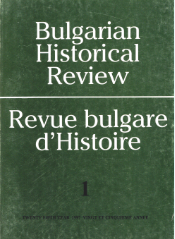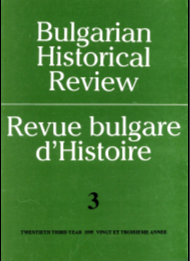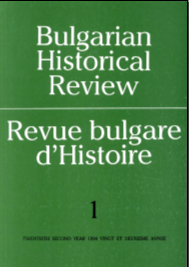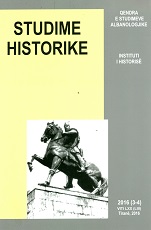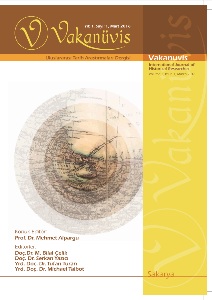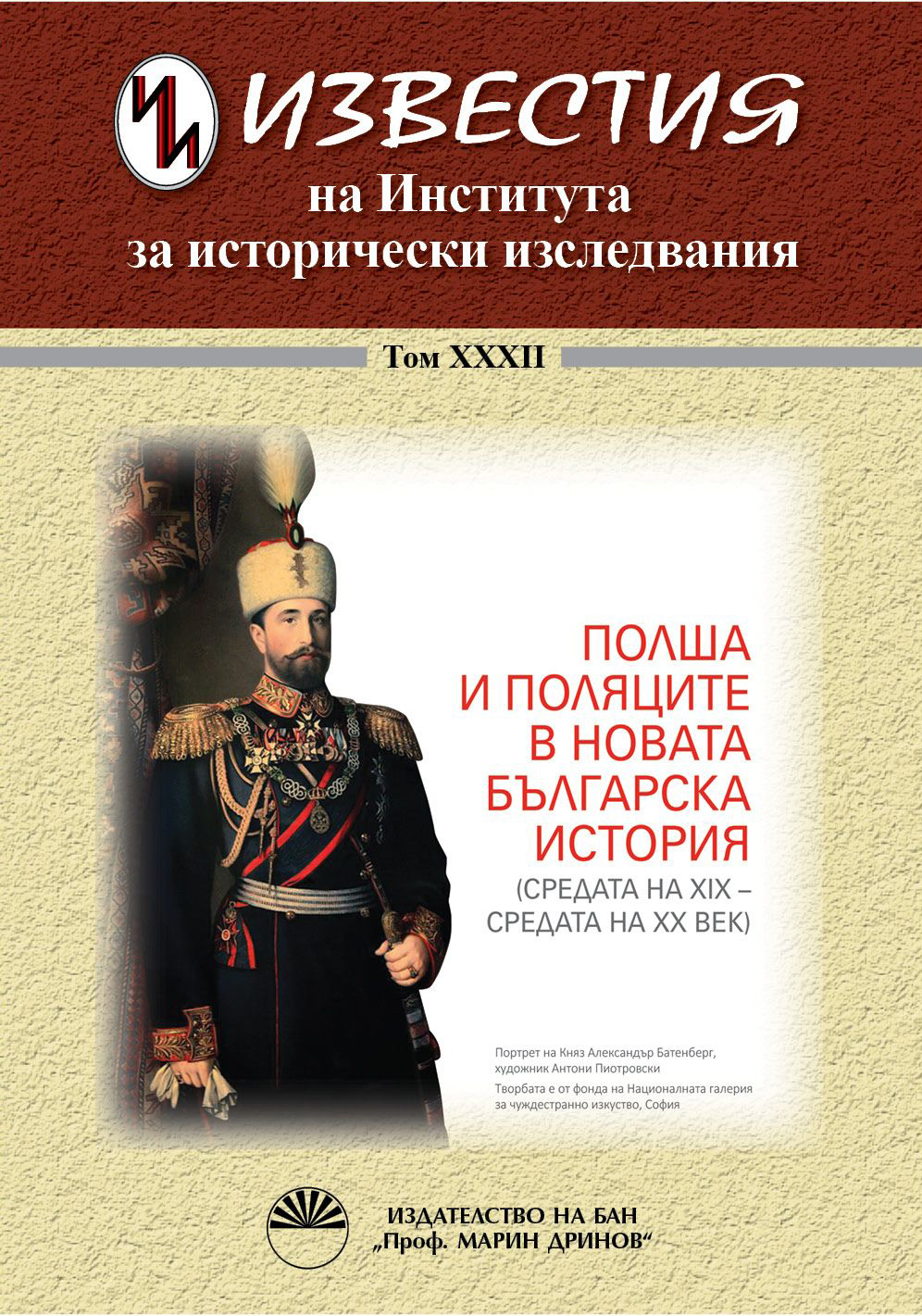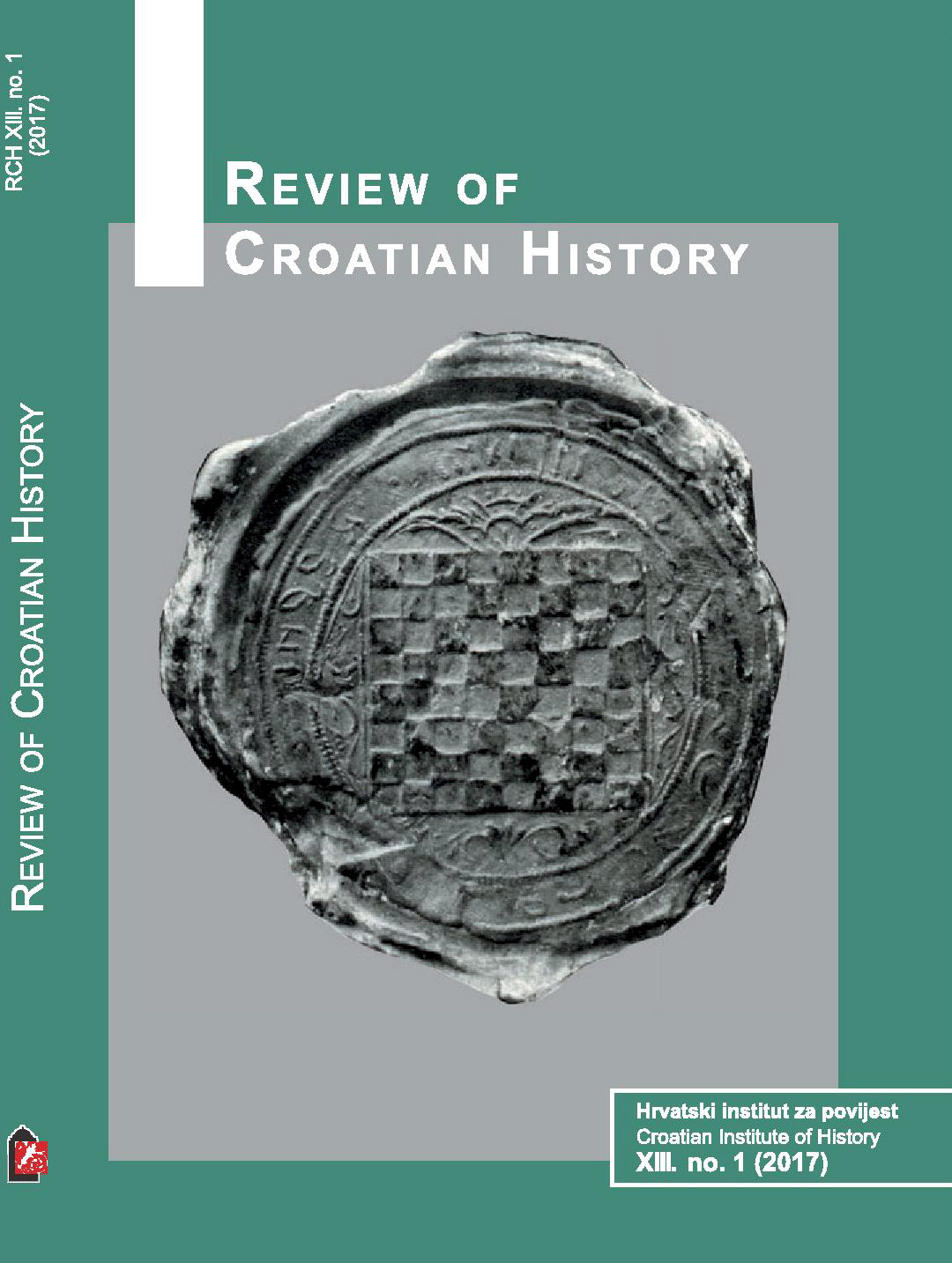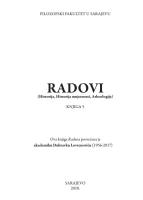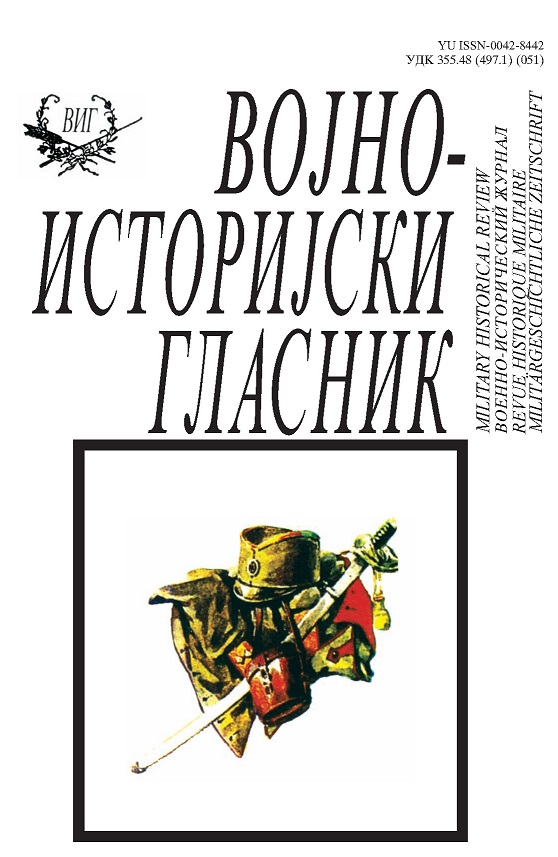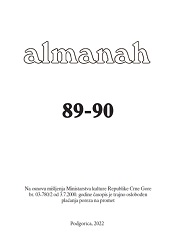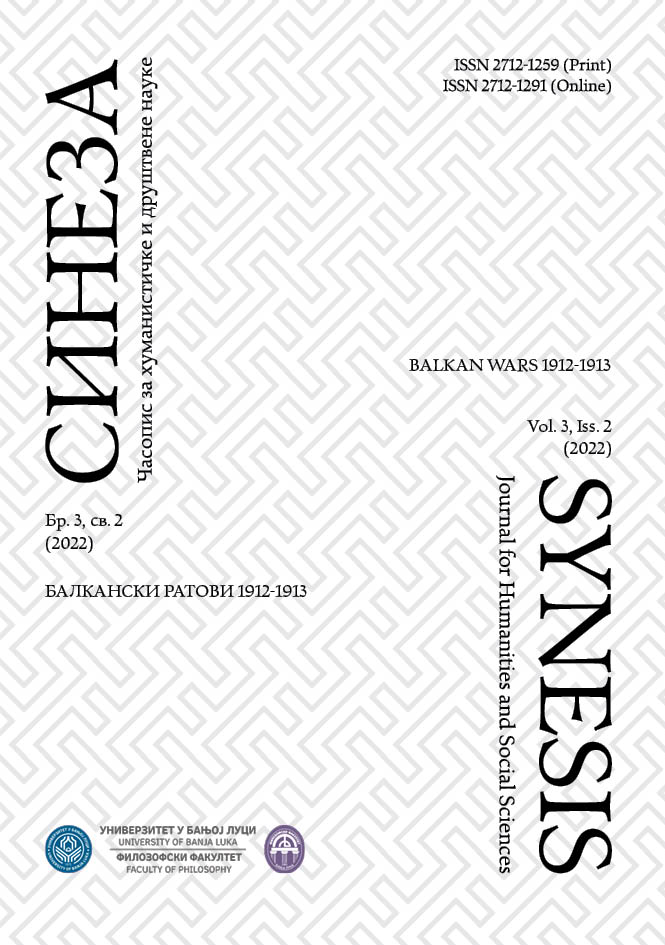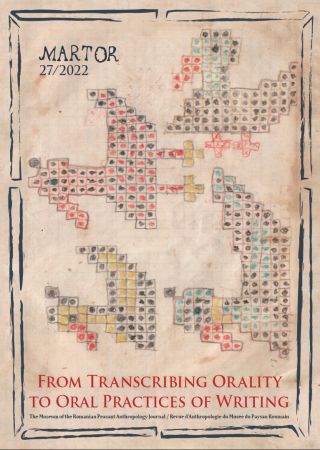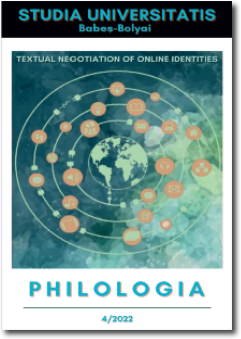
Антивоенните настроения в България в навечерието на Първата световна война
The First World War has its pre-history, in which the local conflicts point out the main interests and goals, for which a peaceful solution hadn’t been found until that moment. The Balkan wars (1912–1913) are not only a typical example for that, but also a sign for the upcoming Europe-wide bloodshed. The following article covers the period between the end of the Balkan wars and the beginning of World War I and has as a goal to present some of the problems that reflect the public sentiments in Bulgaria. The article presents the oppositional public positions, seen through the eyes of the editors of the daily newspaper of the People’s Party – “Mir”, the daily newspaper of the Democratic party – “Pryaporets” and the weekly magazine “Svobodno mnenie”. The information, which the three publications offer, presents the events commented from the point of view of the political and most of all the nationalistic ideals of its editors. The analysis of the facts is usually too emotional and this is understandable considering the moment of national grief.Two are the main problems, which most of all capture the attention of the authors and the editors. Firstly, the desire to research and analyze the well-meaning attitude of the foreigners towards Bulgaria, which was especially important considering the anti-Bulgarian attitude in regard to the Second Balkan War and secondly, the need for a peaceful solution of the problems this war has caused. The newspapers describe the sentiments in the Bulgarian political and social circles and the fluctuations between outright neutrality and military intervention, without giving a definite answer on which side to be.
More...
